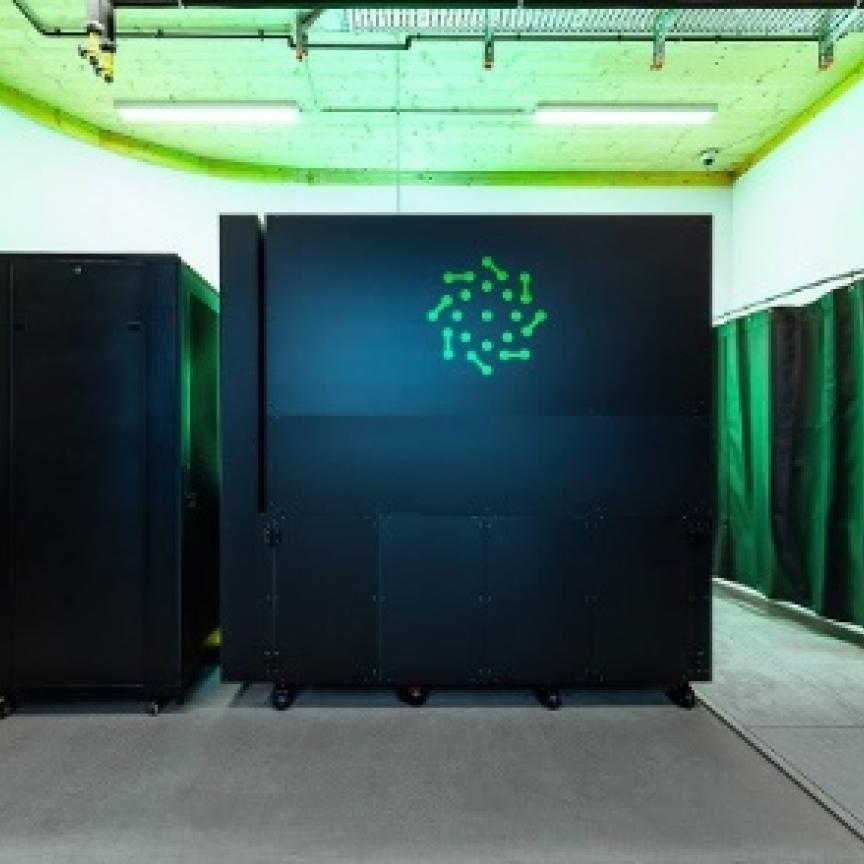The US Department of Energy has announced the latest ASCR Leadership Computing Challenge inviting US researchers to apply for an allocation of HPC resources focused on high risk, high reward scientific projects.
The ASCR Leadership Computing Challenge (ALCC) is an allocation program for projects of interest to the Department of Energy (DOE), with an emphasis on high-risk, high-payoff scientific campaigns enabled via high-performance computing (HPC). The ALCC specifically focuses on projects or research areas directly related to the DOE mission, that respond to national emergencies, or that broaden the community of researchers capable of using leadership computing resources.
ALCC is currently soliciting proposals for allocation awards for the 2022-2023 allocation. HPC platforms available for the current allocation cycle include Summit, the 200-petaflop IBM AC922 at the OLCF; Theta, the 12-petaflop Cray XC40 machine; and Polaris, a new 44-petaflop accelerated system at the ALCF; and Perlmutter, a new accelerated system at NERSC.
Up to thirty per cent of the allocatable computing time will be made available on each of these machines to the ALCC program. In addition, limited access may be given to the exascale Frontier system at Oak Ridge National Laboratory, pending the pace of system acceptance, for nationally important, and exascale-ready projects.
However, in 2022 The DOE aims to ensure equitable distribution of projects by enforcing an allocation request cap. Any pre-proposal or proposal that requests more than 25 per cent of the available resources will be deemed non-responsive and will not be reviewed.
While projects do not need to be directly funded by the DOE, the website does note that proposals need to identify the relevant DOE Office/research priority area and provide the name and email of your program manager/project sponsor. Program priority is part of the merit review and projects that do not have input from the sponsor program will not be competitive.
Pre-proposals for the ALCC are due on December 17, 2021. Full details of the ALCC can be found on the US DOE Office of Science website.


